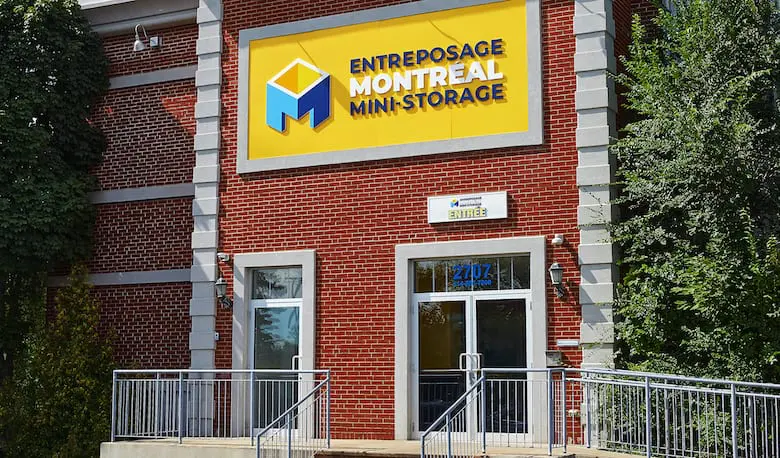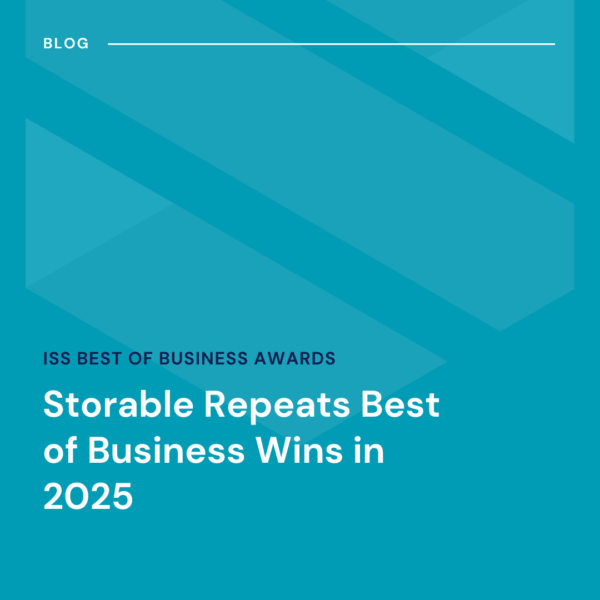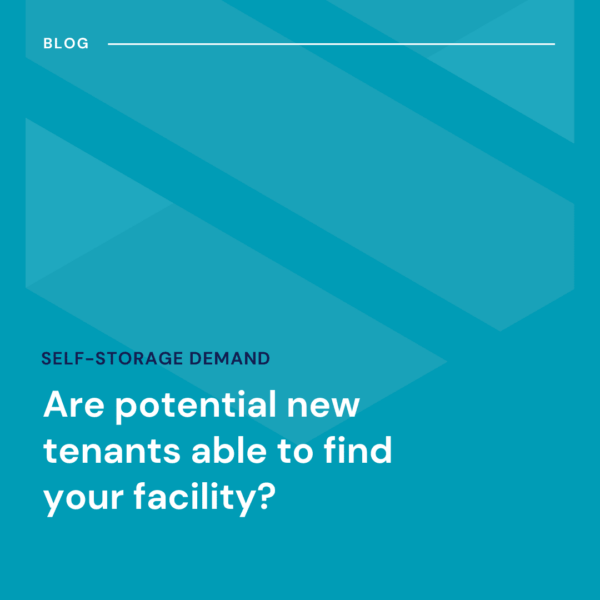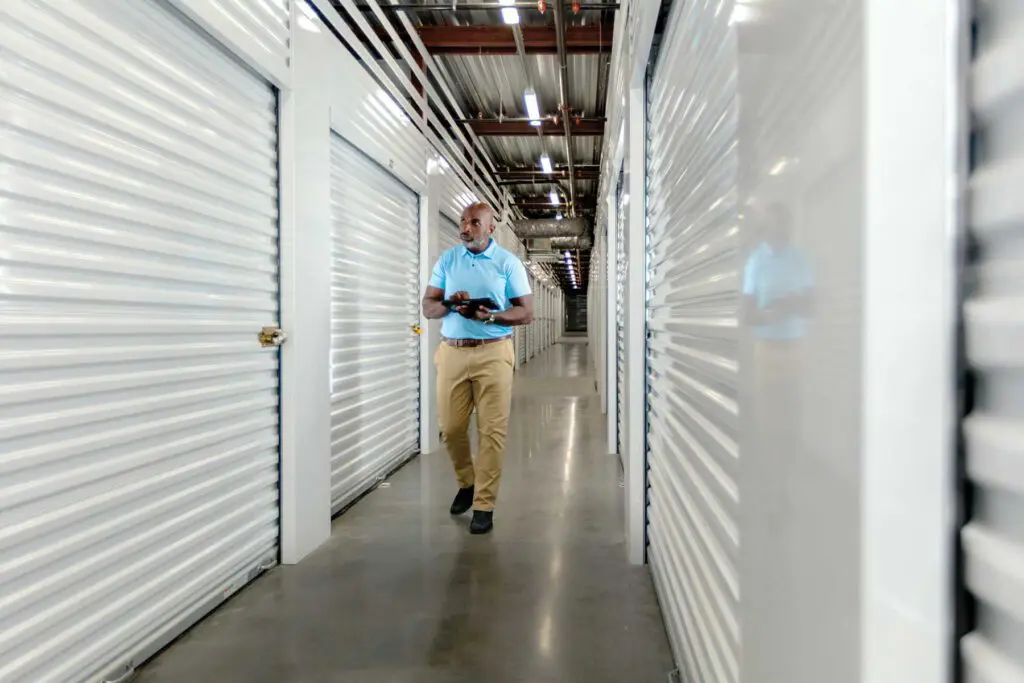Meet Jeffrey Climan and Simon Berman, co-founders of Montreal-based Montreal Mini Storage; Climan is also COO and Berman is also president. And their latest move is a big one.
After watching about 25,000 people relocate from Montreal to the winter-sports-centric Laurentians to cope with the pandemic, they spent $40 million CAD ($31 million USD) to add five facilities totalling about 1.5 million square feet of land and 1,500 storage units. That brings the total MMS portfolio to 19 facilities.
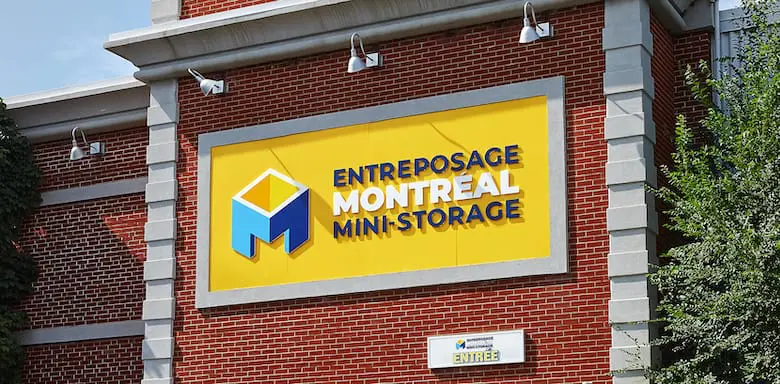
“With the recent series of acquisitions, we ventured into what is much more recreational area,” Climan said.
Laurentians is a mountainous region of Quebec known for its ski resorts.
Berman added: “We had always wanted to expand outside of Montreal. We have a deliberate strategy. Once the pandemic hit, we saw people leave the city and work in their cottages. We knew we had to have a strong presence in those areas.”
Hence the buying spree and plans to spend about $60 million (CAD) by year-end.
We posed some more questions to the duo below:

What does this growth enable you to do? How long was this deal in the works?
Simon Berman: It was a series of deals with multiple vendors and it’s been in the works for the last 12 months or so. It really was one large acquisition that needed to be finalized. Once that was completed, we accelerated the remaining deals. Now we have a real presence in the area.
Jeffrey Climan: We had 6,500 interior multistory units in suburban areas before we acquired our first drive-up storage units. Drive-up shed storage units are forbidden in Montreal.
What are the demand drivers for the Montreal market and storage in Canada? Generally, are there any differences with the United States?
Berman: There are not big differences in the drivers from consumers. You have less demand here in Canada, and Montreal in particular due to general lack of knowledge about self-storage. No. 2, there’s far less labor mobility here. People tend to move less and are unlikely to leave their city or province.
Climan: Our winters are colder. We also have mandates for winter tires. People are very actively into RVing, snowmobiling and hockey, which requires a lot of gear and thus storage space. There are many resorts within one hour of the city.
Are there major differences between running a self-storage business in Canada and running one in the United States?
Berman: Most municipalities don’t encourage self-storage; the permitting process is difficult here. Land here and building both are more expensive than in the US. causing challenges to growth.
Also, the language of business is French. We have to maintain fully bilingual staffs of employees who speak both languages perfectly. We have laws that say you MUST communicate in French for businesses of a certain size and you must speak French predominantly.

What is the growth potential in the Canadian storage market compared to the U.S.?
Climan: The market is growing every year as far as consumer awareness. Canada has a population of 40 million; we also have more immigration. Canada is talking about bringing in 400,000 legal immigrants per year as a minimum, and a lot will wind up in the three largest cities in Canada (Montreal, Toronto, Vancouver), which drives housing marketing, the self-storage industry and construction industries.
Tell us more about your future plans for the business, such as what other markets do you plan to expand to?
Climan: We’re now in eight cities in Quebec. We have an aggressive plan to grow; we’ll have 2,500 units added by summer 2023. We also will acquire in the next three years an additional 10 locations.


